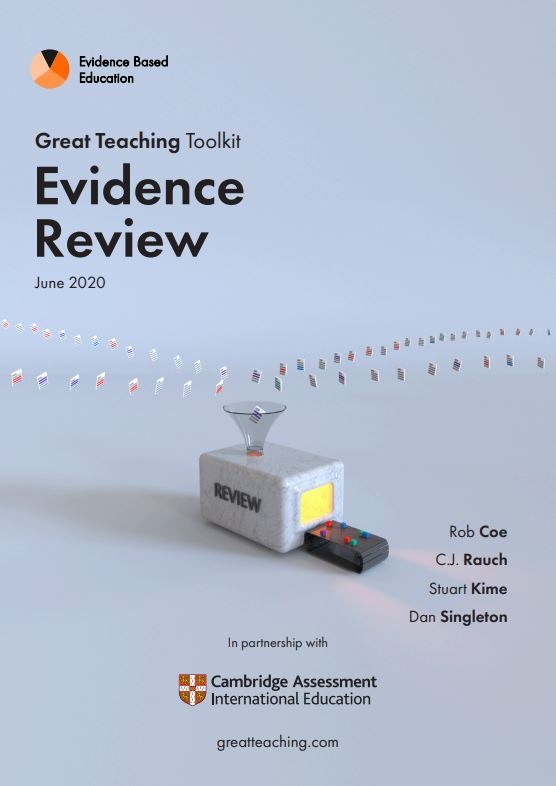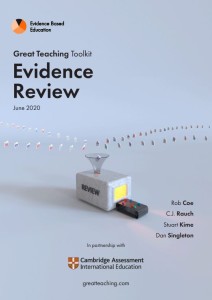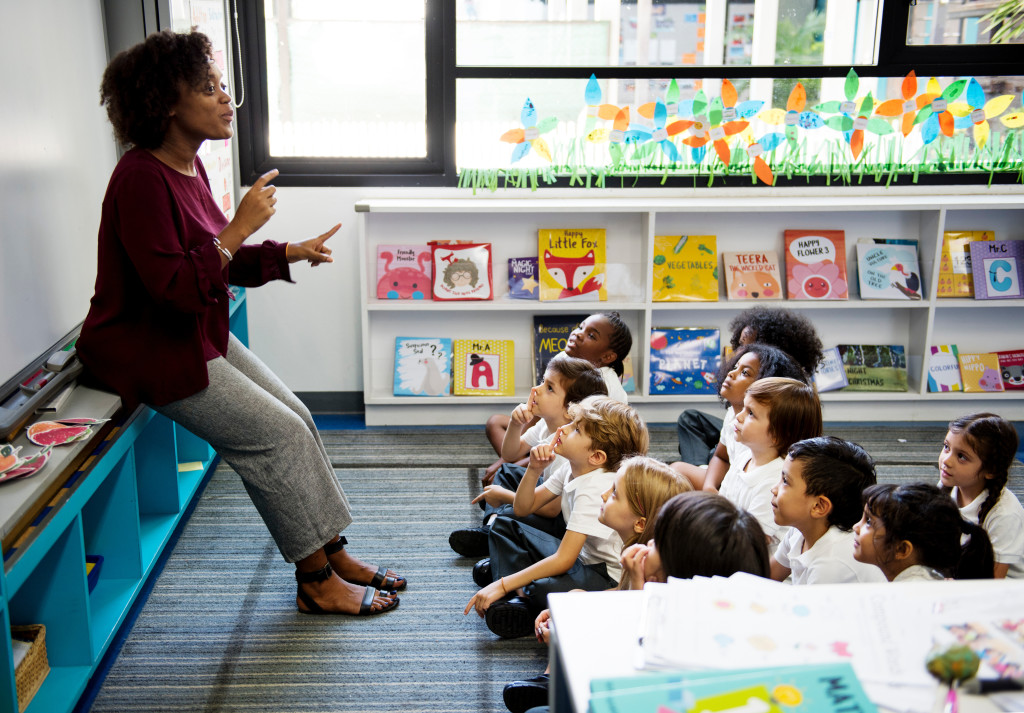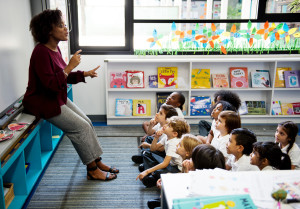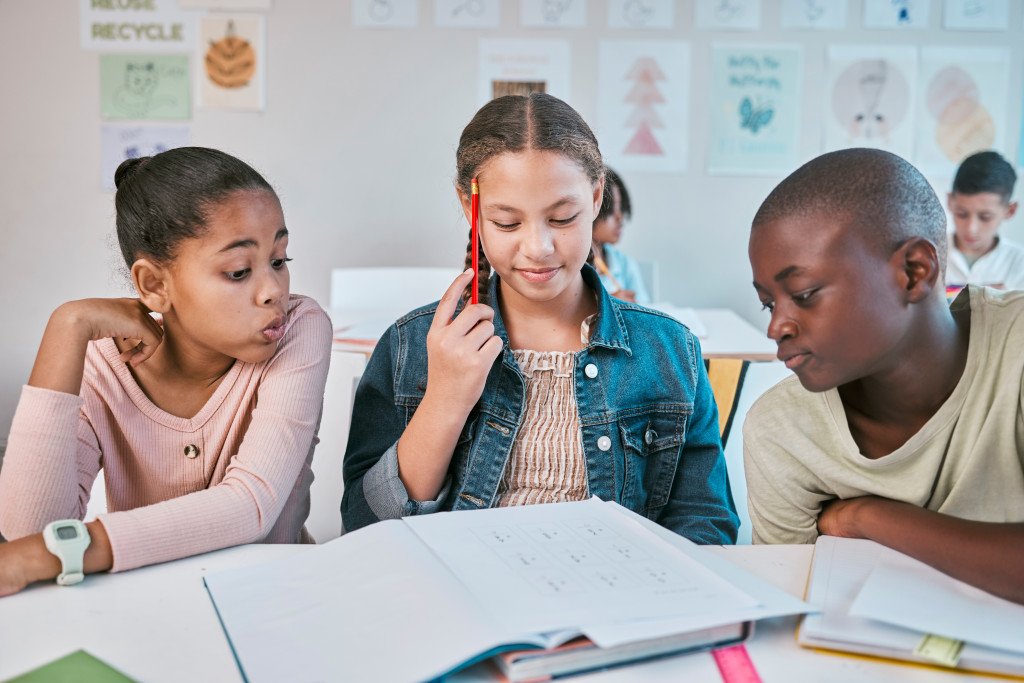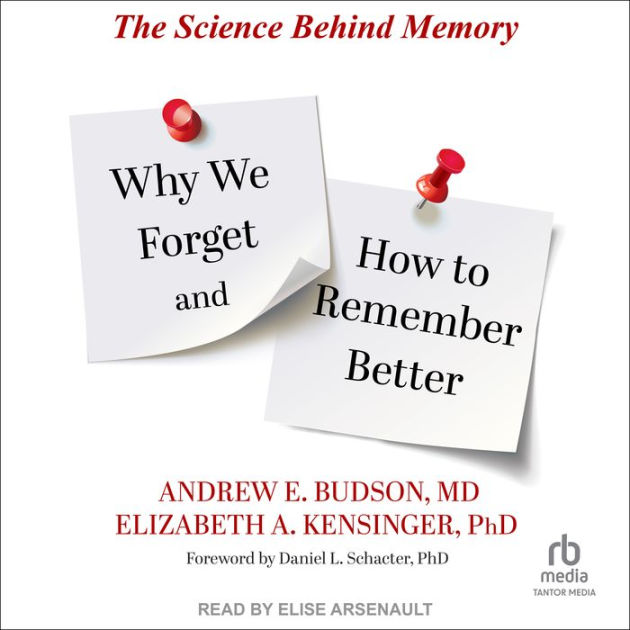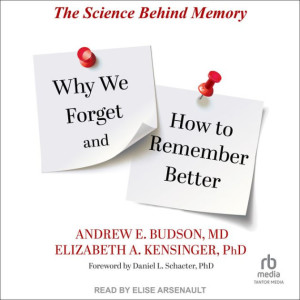Recently I discussed working memory overload with a group of wise and thoughtful teachers.
I showed them one of my favorite GIFs:
a glass (representing working memory),
slowly filling up with stuff (teaching methods, complex information),
so that there is ultimately no room left in the glass (that is: no room left for understanding).
VOILA: working memory overload in one handy animation.
I love this GIF, and show it often.
Yet when I gave these teachers time to discuss this animation, they honestly didn’t like it very much. They had lots of specific (and insightful) suggestions, but the overall message was: thumbs down.
So: should I ditch the GIF?
Where to Start
For a guy who writes a blog about research-informed teaching, the next step seem obvious: find out what the research says!
Surely I can find an answer — maybe even a definitive one.
Alas, I quickly stumbled into a quandry.
On the one hand, we’ve got lots of good research suggesting that — on the whole — students do NOT learn more from animated information.
One of the best known studies — led by the much-esteemed Richard Meyer — supports the static media hypothesis: “static illustrations with printed text reduce extraneous processing and promote germane processing as compared with narrated animations.”
In this study, researchers used animations about everything from lightning formation to toilet tanks to see if they helped students understand.
These animations never helped, and often hurt, student learning.
One the other hand, a substantial meta-analysis of 40 studies finds a “beneficial effect of the presence of animated display for learning dynamic phenomena.”
So: what to do when we’ve got persuasive — and contradictory — evidence?
A Feature, Not a Bug
For people unfamiliar with research-world, this kind of contradiction might seem like a failure. If the people who do the research can’t agree on an answer, surely we should just ignore them.
I would offer a different interpretation.
Teaching is complicated. Learning is complicated. PEOPLE are complicated.
So, any time we do research about people teaching and learning, we’re looking at enormously complicated questions.
Some disagreement is inevitable.
And — here’s the surprise — the fact that we found contradictions means that we’ve been looking hard enough. (If I didn’t find contradictory research, I probably haven’t looked very hard…)
What, then, should we do to resolve the (inevitable, helpful) contradictions?
One useful step: get granular.
In this case: presumably some kinds of animations are helpful under some kinds of circumstances. But others: not so much.
We need to know more about the specifics.
Okay, Some Specifics
With that in mind, I found a more recent study trying to understand when and why animations might hinder understanding.
The study, in effect, looked at two questions:
Are the animations essential to understanding the topic, or are they basically “decorative”?
and
Is the material being studied cognitively challenging?
Two scholars — Annabel Pink and Philip Newton — had students study slides with information on them. Some slides had animations; others didn’t.
And — useful to know — the slides covered complex material: human physiology and enzyme kinetics.
Sure enough, students remembered LESS information from the slides with animations. And they rated those slides as cognitively MORE challenging.
In other words:
When deciding whether or not to break out the GIFs, we can ask ourselves:
Am I just decorating the slide, or does animation help clarify the meaning of the material?
and
Is this material a cognitive heavy lift?
When I ask these questions about my working memory overload GIF, I arrive at these answers:
The GIF illustrates a complex process: it’s not decorative, but meaningfully connected to an understanding of the ideas.
BUT
The ideas are — in fact — quite complicated.
The animation, in other words, might add cognitive load to an already mentally challenging concept. Hence the teachers’ unhappiness.
Small, Medium, and Big Pictures
What should we teachers do with this information?
Narrowly stated, we can consistently ask the two questions above: a) is the animation “decorative”? and b) is the material cognitively challenging?
If either answer is “yes,” then we should hesitate to add animations.
More broadly, we should continue to look for detailed guidance about when to use, and when to avoid using, animations to help students learn.
As far as I can tell, we just don’t have a clear picture about the boundary conditions within which they help students learn.
The big picture looks like this.
Psychology research rarely gives us an absolute, definitive answer to questions like: “should we add animations or not?”
Teachers always need to look at research specifics, compare them to the classroom conditions where we work, and use our own expert judgment to analyze the goodness of fit.
Mayer, R. E., Hegarty, M., Mayer, S., & Campbell, J. (2005). When static media promote active learning: annotated illustrations versus narrated animations in multimedia instruction.. Journal of Experimental Psychology: Applied, 11(4), 256-265. https://doi.org/10.1037/1076-898x.11.4.256
Berney, S., & Bétrancourt, M. (2016). Does animation enhance learning? A meta-analysis. Computers & Education, 101, 150-167.
Pink, A., & Newton, P. M. (2020). Decorative animations impair recall and are a source of extraneous cognitive load. Advances in Physiology Education.




